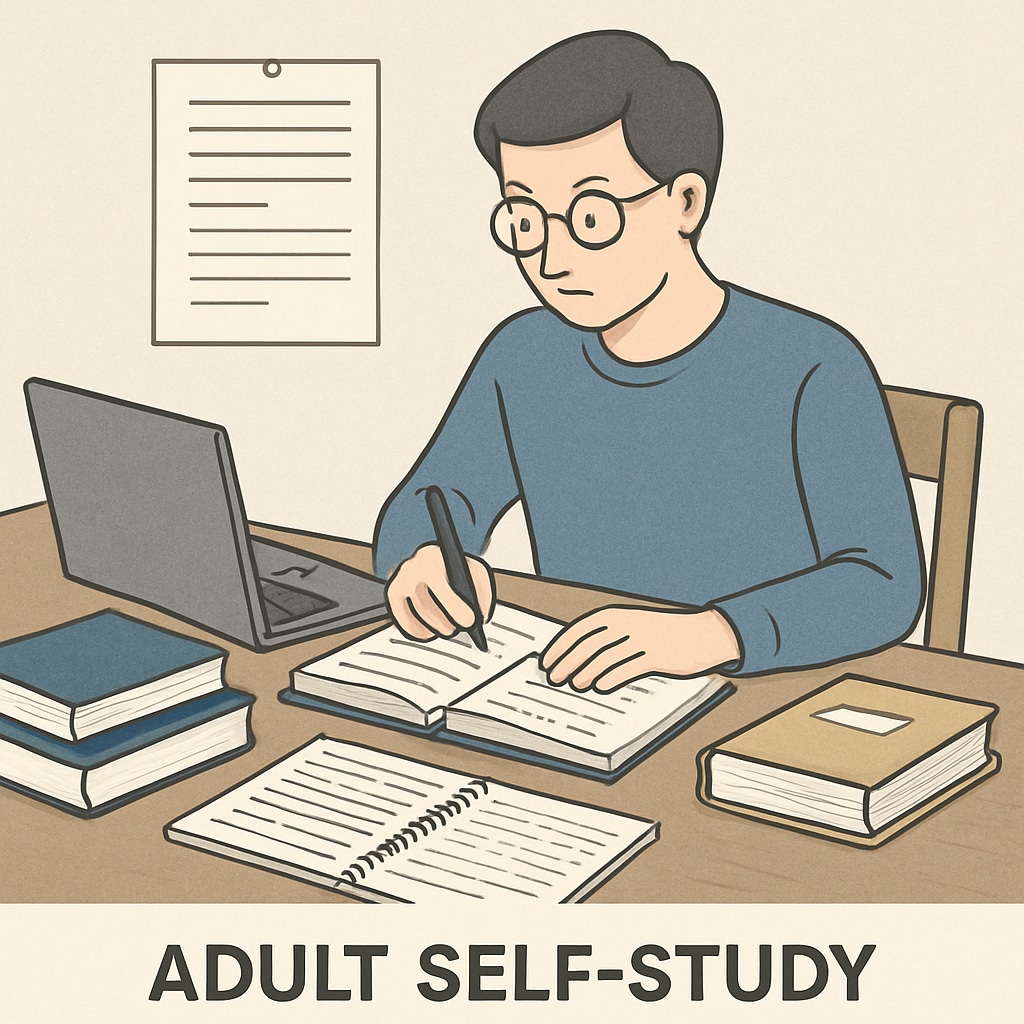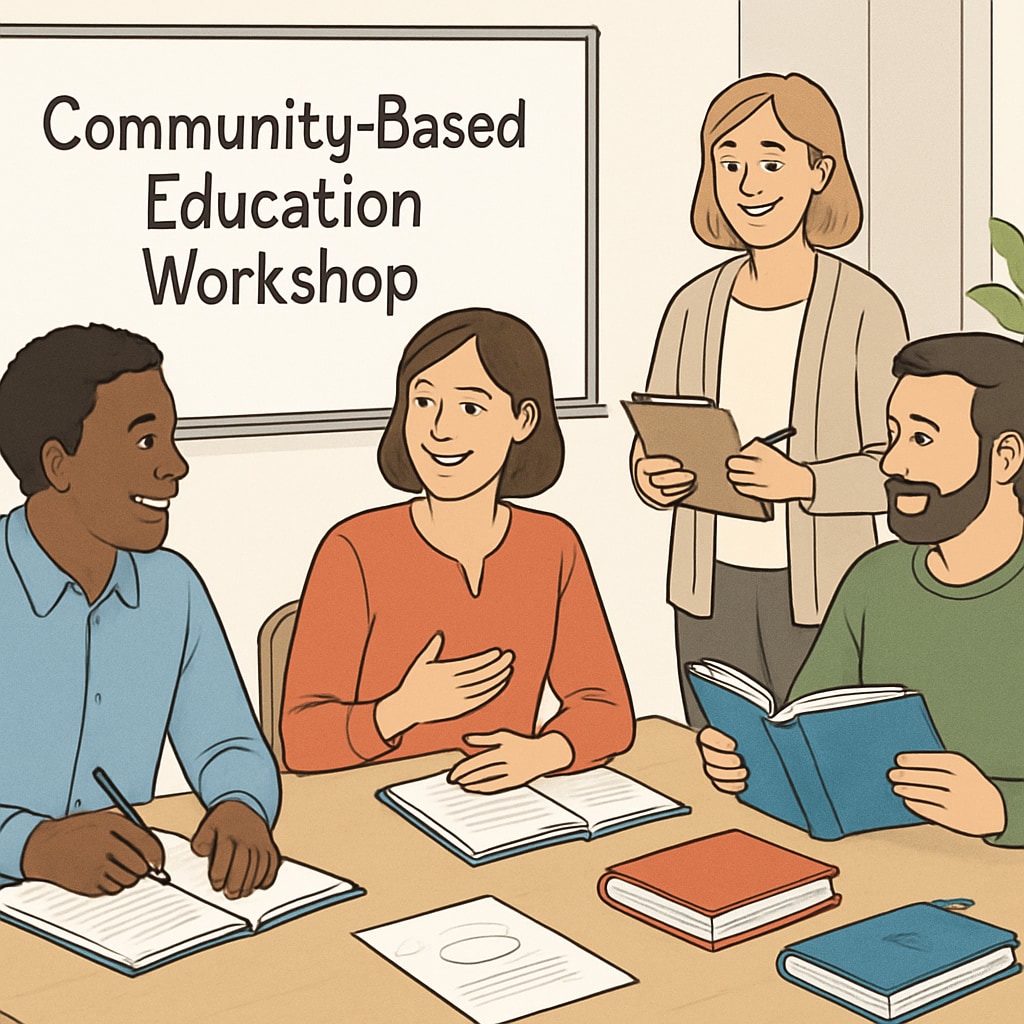For adults facing gaps in basic education, self-study can be a powerful way to overcome barriers caused by education deficiency. Whether due to financial challenges, family obligations, or other life circumstances, many adults missed traditional schooling but still aspire to build foundational skills. This guide offers practical advice on how to start, remain motivated, and access effective learning resources for rediscovering education.

Preparing Mentally for Self-Education
Before embarking on any journey to fill educational gaps, psychological readiness is essential. Adults often face unique challenges, such as fear of failure, time constraints, or the stigma of returning to education “later in life.” However, addressing these mental barriers can set the stage for successful learning. Key steps include:
- Recognizing your goals: Define why you want to pursue education—whether for career advancement, personal growth, or improved life skills.
- Building confidence: Understand that learning at any age is valuable and achievable.
- Creating a realistic schedule: Balance education with work and family commitments to avoid burnout.
Psychological preparation also includes adopting a growth mindset—the belief that abilities can be developed with effort and persistence. This mindset is crucial for overcoming initial hurdles.
Effective Self-Learning Strategies
Once mentally prepared, the next step is to establish a structured approach to learning. Adults can benefit from tailored strategies that maximize efficiency and fit into their busy lives. Consider the following methods:
- Start with foundational subjects: Focus on core areas like mathematics, reading, and writing, which form the basis for advanced learning.
- Use online resources: Platforms like Khan Academy and Britannica offer free, accessible content for self-learners.
- Set measurable goals: Break down large objectives into smaller, achievable milestones.
- Engage in active learning: Practice writing summaries, solving problems, or teaching concepts to others.
In addition, joining local adult education programs or community workshops can provide structure and peer support, enhancing motivation.

Best Learning Resources for Adults
Access to quality learning materials plays a critical role in bridging gaps in education. Here are some excellent resources tailored for adult learners:
- Online platforms: Websites like Coursera and edX offer courses ranging from basic literacy to advanced topics.
- Mobile apps: Apps like Duolingo (for language learning) and Photomath (for math practice) make learning accessible anywhere.
- Libraries: Many public libraries provide free access to educational books, e-books, and tutoring services.
- Community resources: Local organizations often host workshops, GED preparation classes, and skill-building sessions.
Combining digital tools with traditional resources can create a well-rounded learning experience. Adults should explore various options to find what best suits their schedules and learning styles.
Readability guidance: Use short paragraphs and simple language to ensure accessibility. Lists break down complex ideas into manageable steps, enhancing clarity.
Overcoming Challenges in Adult Learning
Self-education is not without obstacles. Adults often juggle multiple responsibilities, such as work and family, which can limit study time. Additionally, they may encounter gaps in prior knowledge, making certain subjects feel overwhelming.
To address these challenges:
- Seek accountability: Partner with a mentor or join a study group to stay motivated.
- Celebrate progress: Recognize and reward small achievements to maintain momentum.
- Adapt to setbacks: If certain methods or schedules are not working, be flexible and try alternatives.
Remember, persistence is key. Every step forward, no matter how small, contributes to long-term success.
Adults seeking basic education often inspire others to embrace self-improvement. By sharing their journey and strategies, they not only transform their own lives but also encourage others to pursue lifelong learning.


